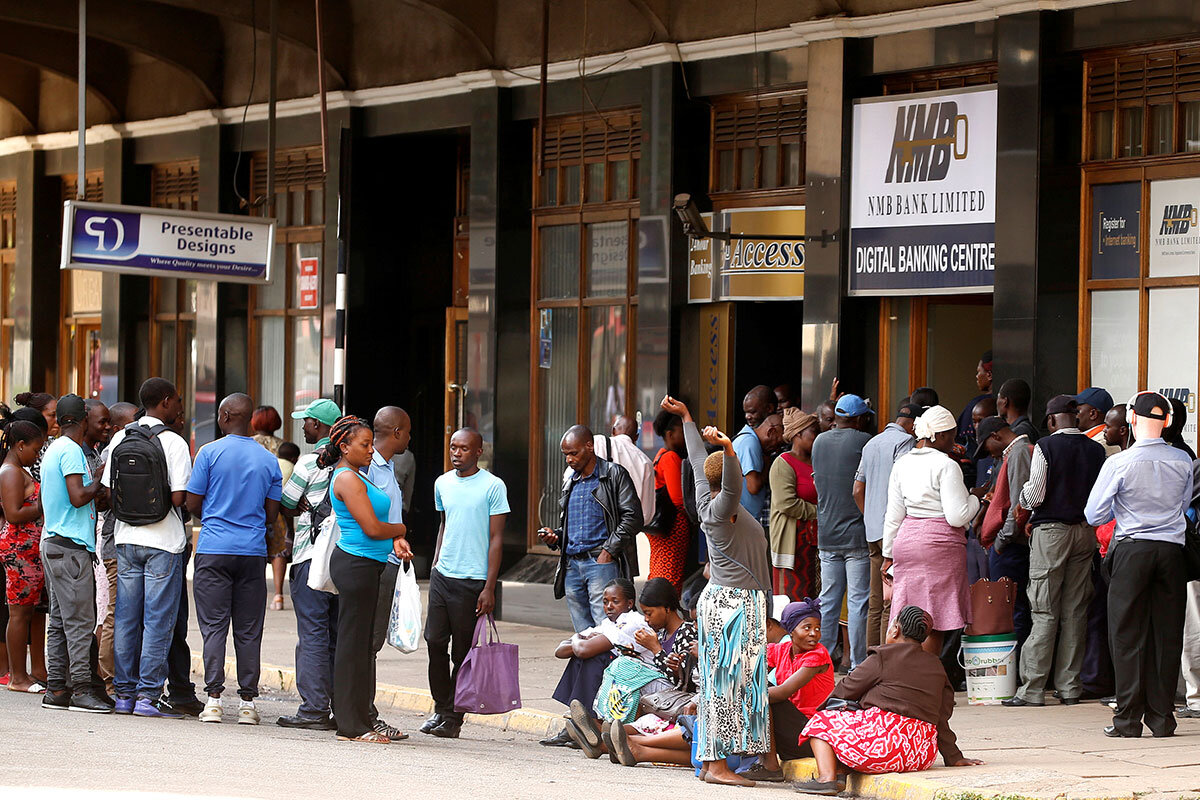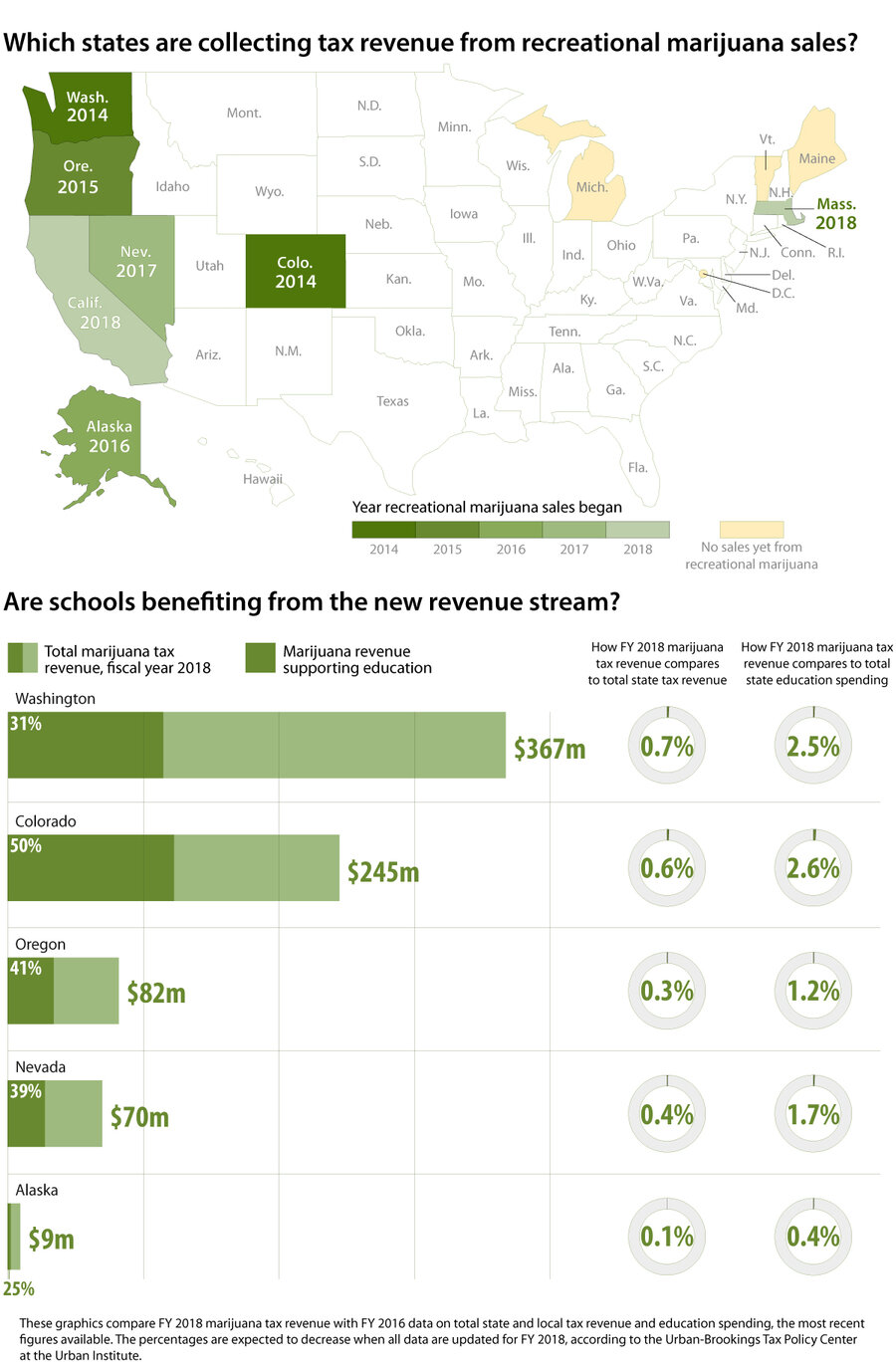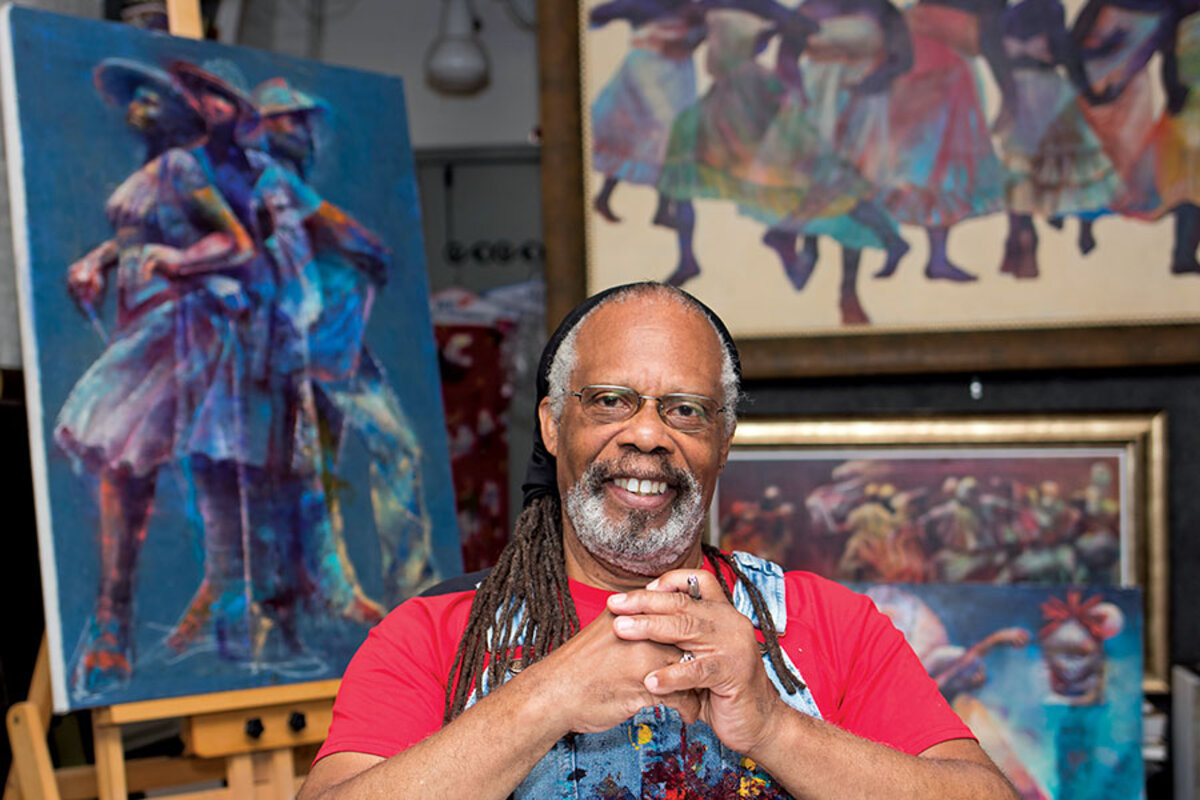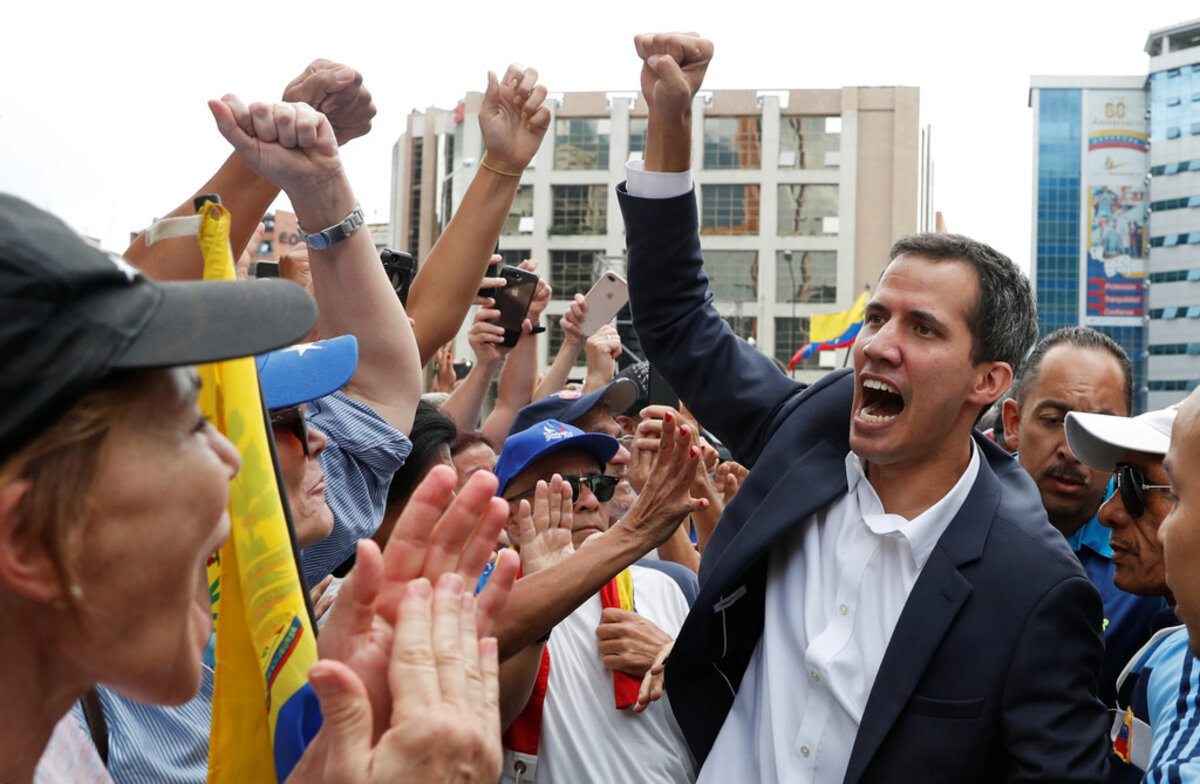The more the internet becomes entwined with personal agency and freedom, the more African leaders are looking to shut it off in times of crisis. That can have unintended consequences.
Monitor Daily Podcast
- Follow us:
- Apple Podcasts
- Spotify
- RSS Feed
- Download
 Mark Sappenfield
Mark Sappenfield
There are a few things we can say pretty clearly about the National Mall protest videos that have turned America’s umbrage meter to 11.
The first is that what you see is likely determined by who you are. Is a group of possibly racist Catholic high school students in “Make America Great Again” hats intimidating Native American protesters? Or are liberal sensitivities running amok, turning every perceived slight into a social media emergency?
The answer, as one story in the Atlantic argues, largely depends on “where you live, who you voted for in 2016, and your general take on a list of other issues.” This is what polarization looks like. When the country is so neatly sorted into two camps, everything is fuel for culture wars.
That leads to a second takeaway. All this makes us easier to manipulate. CNN is reporting that Twitter shut down the account that pushed the video viral. But even if a foreign troll isn’t responsible, there’s a warning. Videos do not establish fact. They convey the viewpoint of the person behind the lens. In an age when smartphones make us all videographers, that’s an important warning. “Above all,” the Atlantic author writes, “I’ll try to take the advice I give my kids daily: Put the phone down and go do something productive.”
Stay tuned to our coverage in coming days. Staff writer Christa Case Bryant is headed to Covington, Ky., the hometown of the boys in the protest, to see how the story looks from there.
Now, here are our five stories, which range from how “principle” is playing out in Congress to why racist place names can hang around for so long. We also look at how states are spending their windfall from legal pot. Is it doing what was promised?











